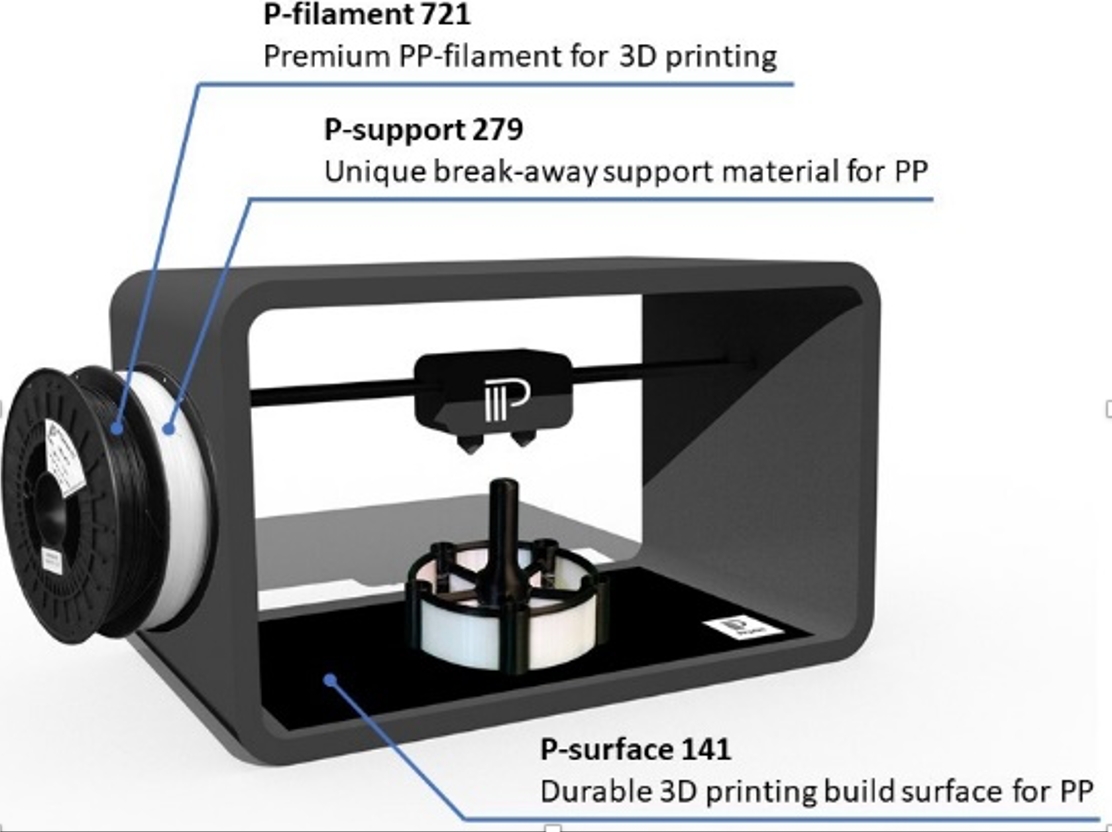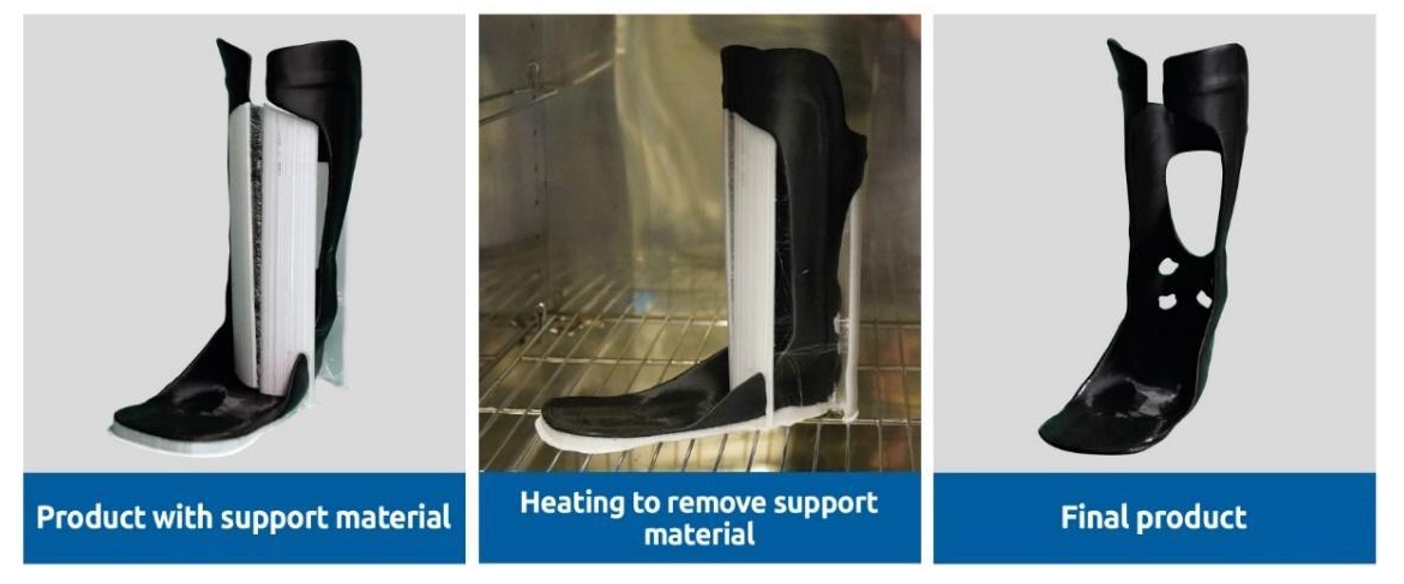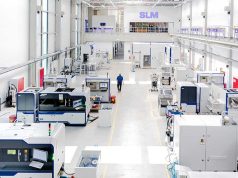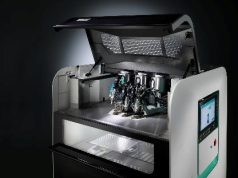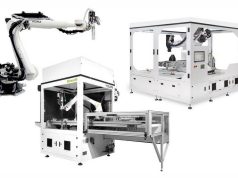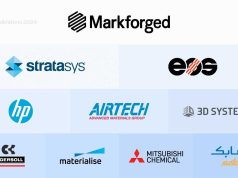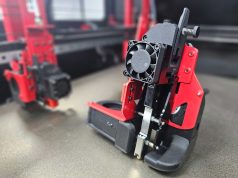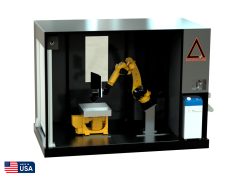PPprint GmbH, a German specialist for 3D printing with polypropylene (PP) for professional, technical and medical technology applications, is announcing its partnership with Ascent Fabrication Inc.
This strategic partnership enables US-based 3D printing companies in all industries to order the entire PPprint product portfolio. International shipping costs and extended lead times can be avoided because of our collaboration.
The New York-based company Ascent Fabrication is not only one of the authorized PPprint resellers, but will also offer polypropylene 3D printing services to customers across the US. While their main focus is in providing digital design and central fabrication services for the prosthetic and orthotic field, they are open to collaborations and provide printing services for other industries.
Ascent Fabrication is dedicated to providing innovative patient-centric solutions and will be utilizing PPprint’s polypropylene material for several applications in the US and in developing countries. Joe Fairley, Founder and Certified Prosthetist and his team have a diverse background with over six years of experience in the additive manufacturing space.
Polypropylene: The material of choice for Medical Technology Applications
Prostheses and orthoses enable individuals with physical injuries, mobility limitations or disabilities to live as independently as possible. These medical adaptive aids can increase a person’s mobility, degree of function and capacity to execute daily tasks.
Considering the variety of physical limitations that people may experience due to genetics, illness or injury, these devices must address a vast set of requirements while being adaptable to particular user-specific criteria. As a result of the patient-oriented customization, medical adaptive aids are particularly suited for additive manufacturing.
As an example, the three photos show a custom, 3D printed ankle-foot orthosis printed with support material which can be removed in a standard oven resulting in the final product. The ankle-foot orthosis was printed with ‘P-filament 721 black’ as material, and P-support 279 as break-away support material.
For successful extrusion-based 3D printing of medical adaptive aids with polypropylene, three critical components are necessary:
- The printed material itself should have low warpage and high interlayer bonding strength.
- The 3D printing build surface has to allow reliable 3D printing of PP parts and a non-destructive and residual-free removal of the finished part without any additional chemicals.
- A support material is required to print complex structures with overhangs and openings which can be easily removed from the finished part.
PPprint – the specialist for 3D printing polypropylene solved these three challenges and provides a complementary product portfolio. The current product portfolio includes the PP filament product line ‘P-filament 721’ which is available in diameters of 1.75 mm and 2.85 mm. In addition to natural, white, and black, ‘P-filament 721’ is commercially available in 8 additional colours. The filaments offer low warpage and very high interlayer bonding strength. Furthermore, 3D printed parts of ‘P-filament 721 natural’ are certificated for biological safety according to DIN EN ISO 10993-5.
PPprint also developed a special 3D printing build surface ‘P-surface 141’, which enables reliable and reproducible printing of PP. The 3D printed parts can be easily and defect-free removed from the ‘P-surface 141’ at elevated temperatures.
With ‘P-support 279’, PPprint launched in 2021 the world’s first break-away support material specifically developed for polypropylene, which enables 3D printing of highly complex more sophisticated structures with bridges, openings and overhangs. After the 3D printing process, support material can be conveniently and cleanly removed manually from the printed part at elevated temperatures.
(c) Picture & Links: www.ppprint.de / www.ascentfab.com
Subscribe to our Newsletter
3DPResso is a weekly newsletter that links to the most exciting global stories from the 3D printing and additive manufacturing industry.



